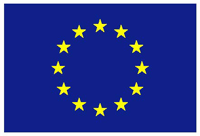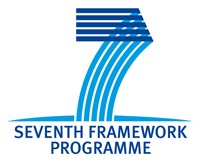Project Description
Dali is a European-funded project under the 7th Framework Programme for Research.
 |
 |
Facts & Figures
- Total project volume: EUR 4 million
- Project time: 70 months
- Start of the project: March 2010
- 13 partners from 11 countries
- Objectives:
analysis of the effectiveness of three intervention strategies
collection of reliable EU-wide data
calculation of costs for health care systems
General
One of the biggest problems in medicine, which goes along with a worldwide increase in obesity, is the rise of blood sugar levels. This can have severe effects on women in childbearing age. In some countries, almost 20% of pregnant women are diagnosed with GDM. Increased blood sugar levels may have grave consequences for mothers and their children. Possible complications are mothers with very high amniotic fluid levels, oversized babies that might cause problems at birth, and a disturbed development of the placenta. Both mothers and babies are prone to diabetes type 2 and cardiovascular diseases.One of the objectives of the EU-project DALI is to develop uniform European standards for interventions and to collect reliable data on GDM. Also, the effectiveness of three different intervention strategies to prevent diabetes during pregnancy will be analyzed. In a first phase, appropriate recommendations for these strategies - balanced diet, physical activity, and Vitamin D - will be worked out. Then, in a pilot phase, a small group of obese pregnant women will be tested in each participating center. After that the intervention study will start. For this purpose, 880 pregnant women throughout Europe with a body mass index over 30kg/m² are asked to volunteer. Basically, advisory service and motivation will be provided. Each center has special trained coaches who accompany and motivate the pregnant women to change their behavior.
